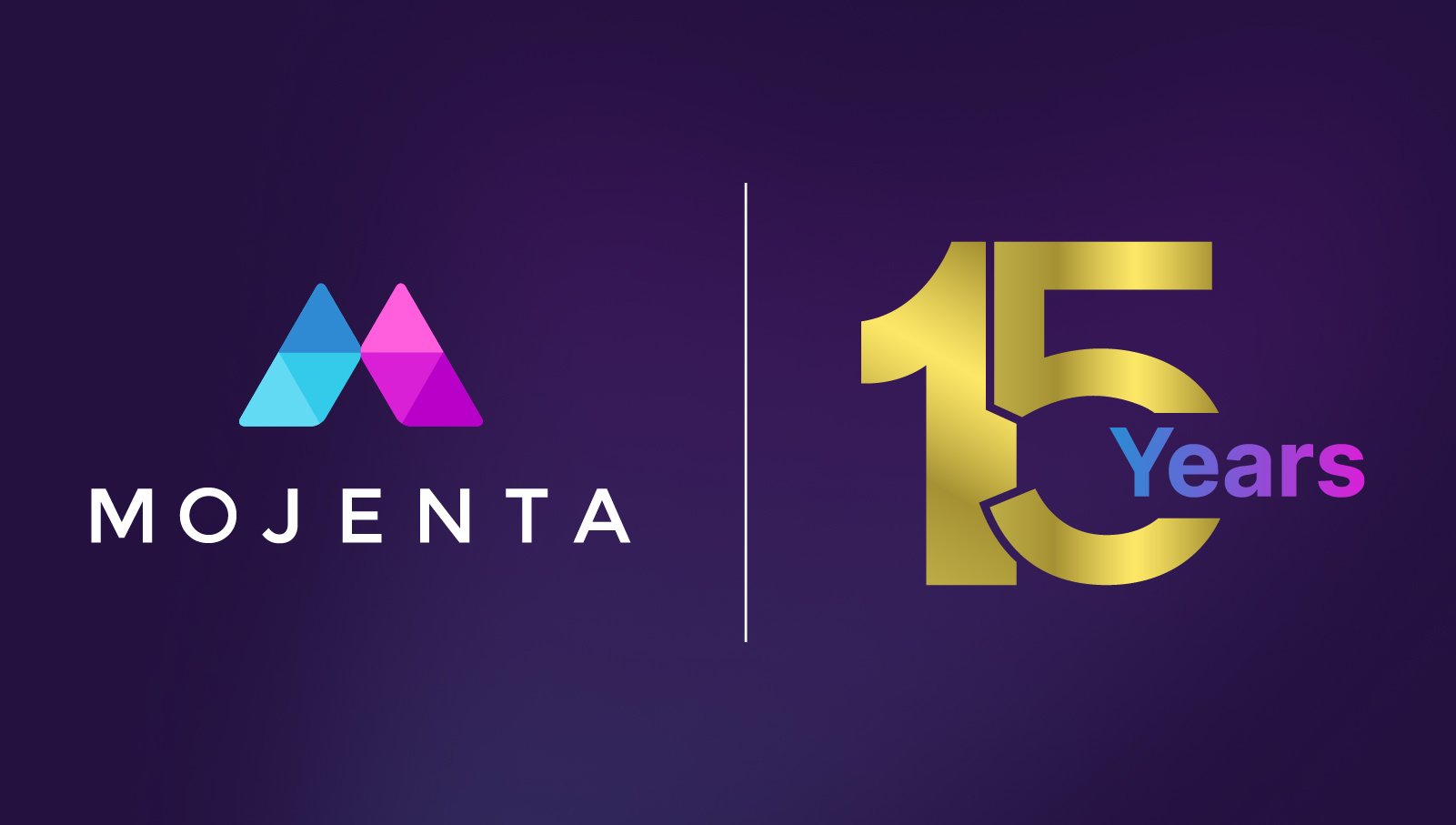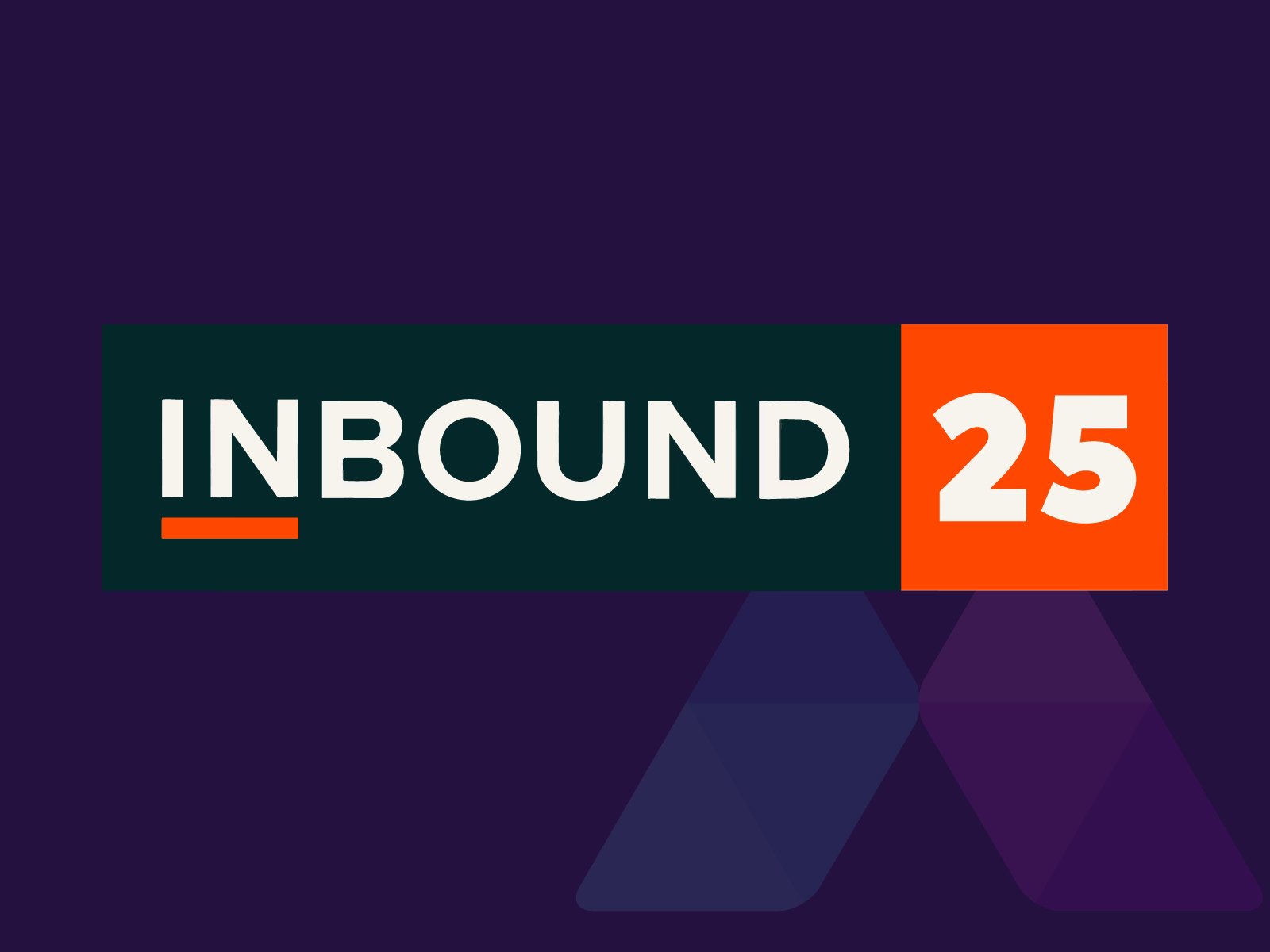Google is blowing up third-party cookies in a shift to FLoC (Federated Learning of Cohorts) technology that’s currently being tested out on millions of instances of Google Chrome browsers.1
Here is what you should know about Google ending third-party cookies, why and how it’s happening, and the change’s impact on the future of advertising.
Why Make the Change to FLoC?
Businesses have historically set third-party cookies on their domains to allow advertisers to track users and target them – wherever they go on the internet. These cookies have also allowed companies to create more personalized experiences for visitors on their websites. While cookies can still be used to help improve the user experience, the element of third-party cookies that allows advertisers to track behavior across websites is going away.
There are a couple major reasons behind the change:
- Google seeks to bolster users’ privacy while on the internet. The idea isn’t to inhibit the ability to target advertising – it’s to protect user anonymity in an era where people feel their privacy is being compromised in the name of advertising.
- Google ending third-party cookies enables stronger first-party relationships between businesses themselves and the users whose data is being captured.
How the Change Works
With FLoC, browsers do the profiling rather than third parties. So a user’s behavior is tracked within the browser and boiled down to a behavioral profile that’s then shared with websites and advertisers as part of a cohort of other similar users.
FLoC eliminates some of the privacy risks of third-party cookies – like advertisers knowing all of a user’s activity on the internet, not just on a specific website. Past browsing habits won’t be used to change the experience on future websites a user visits.
Even so, there’s some skepticism about FLoC creating its own new set of privacy issues, like:
- Fingerprinting, where all the unique pieces of data gathered on a user’s browser creates a unique, stable identifier for that browser – like a fingerprint.
- Cross-context exposure, where the technology essentially shares new data with trackers that were already able to identify users. When you’re completing a medical history form online, they’d have access to your political behaviors as well, for example.
How FLoC Impacts the Future of Advertising
Google ending third-party cookies doesn’t eliminate the ability of advertisers to track behavior – it takes information that used to be tracked on an individual level and places people into cohorts of other users that share similar browsing behaviors. The idea is that advertisers can still target users – but without encroaching on their privacy.
Mojenta will leverage FLoC data through Google’s platforms to ensure target advertising still works the way it should – driving our clients’ customers to the sites that are most relevant to their interests and helping pull in qualified leads. While it’s hard to say how FLoC will work once fully implemented, we’re committed to high-quality lead generation for our customers. If you have questions about the upcoming changes, contact us today.
NOTE: Google has since announced a delay in their initial timeline and will now be phasing out third-party cookie support in Chrome by late 2023.
Sources



